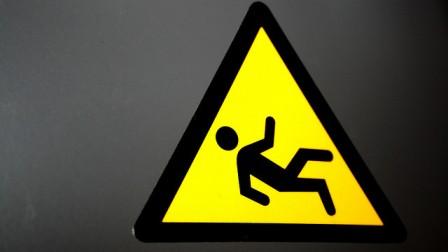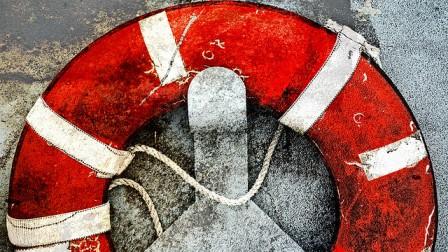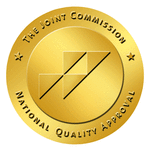Hanging On To Faith In Recovery
Life is unpredictable, isn’t it? Things are rolling along; good job, great friends, maybe the best spouse in the world, great kids, money in the bank, and a nice place to go home to at the end of the day. Life couldn’t get any better, right? God sure blessed you and you trust Him to keep the blessings coming.
The Unraveling
And then you see it; this little thread hanging off the tapestry of life that seems to be getting longer day by day. Things start to unravel; the company you work for just down-sized you, you find out your 13 year old is on drugs, your spouse left and wiped out the bank accounts, and now you’re losing your house – your sanctuary.
To add insult to injury you begin to wonder why God abandoned you, so you have a drink to calm your nerves, then another to escape the pain, and another to just not ‘feel’ anymore. And things are rolling along; a few drinks every night to cope, maybe add a couple more at lunchtime to get you through to sundown. Next thing you know, it’s Bloody Mary for breakfast too. A God-shaped hole has opened up.
God doesn’t care; your friends and family don’t care, so you don’t care. You haven’t cared for the past 6 months. Then the doorbell rings. Three of those uncaring friends and your brother stopping by to say hi, see how you’re doin’. The next thing you know they’re talking to you about entering a Christian rehab facility.
Boom – There He Is!
God never left, but you did. Holding onto God’s promise, “I will never leave you nor forsake you” (Hebrews 13:5-6) is not always easy to remember when it feels like the sky is falling. Hang on to this; God never changes and He never leaves – period. But we do leave Him. We lose faith in His ability to help us and protect us when things don’t go our way, on our schedule, or when calamity hits. He never promised an easy life, but He does promise to help us through it.
When exercising ‘other’ options (translate: addiction) to strengthen our resolve to get through it all, entering a Christian rehab facility that focuses on restoring faith during recovery is often the only hope you have left. Attempting to pick up the pieces and get back on track without God decreases the chances of a successful long-term recovery.
Restoring Faith In Recovery
“Without faith, nothing is possible. With it, nothing is impossible.” – Mary McLeod Bethune
Ask yourself this; how BIG is your God? You know the answer. Bigger than any addiction, stronger than any craving, giver of unconditional– unfathomable love, forgiver of every wrong confessed for every believer on earth. Believe it. Restore your faith while in recovery and trust in His word – He always keeps His word. Find strength in surrender. If you work to restore your faith while in recovery; the rest will fall into place. Turn around, look again. See. There are two sets of footprints there. Yours and His.
The Footprints Prayer
By Leona Lewis
One night I had a dream…
I dreamed I was walking along the beach with the Lord, and across the sky flashed scenes from my life. For each scene I noticed two sets of footprints in the sand; one belonged to me, and the other to the Lord. When the last scene of my life flashed before us, I looked back at the footprints in the sand. I noticed that many times along the path of my life, there was only one set of footprints.
I also noticed that it happened at the very lowest and saddest times in my life. This really bothered me, and I questioned the Lord about it. “Lord, You said that once I decided to follow You, You would walk with me all the way; But I have noticed that during the most troublesome times in my life, there is only one set of footprints. I don’t understand why in times when I needed You the most, You should leave me.
The Lord replied, “My precious, precious child. I love you, and I would never, never leave you during your times of trial and suffering. When you saw only one set of footprints, It was then that I carried you.






 RSS Feed
RSS Feed
